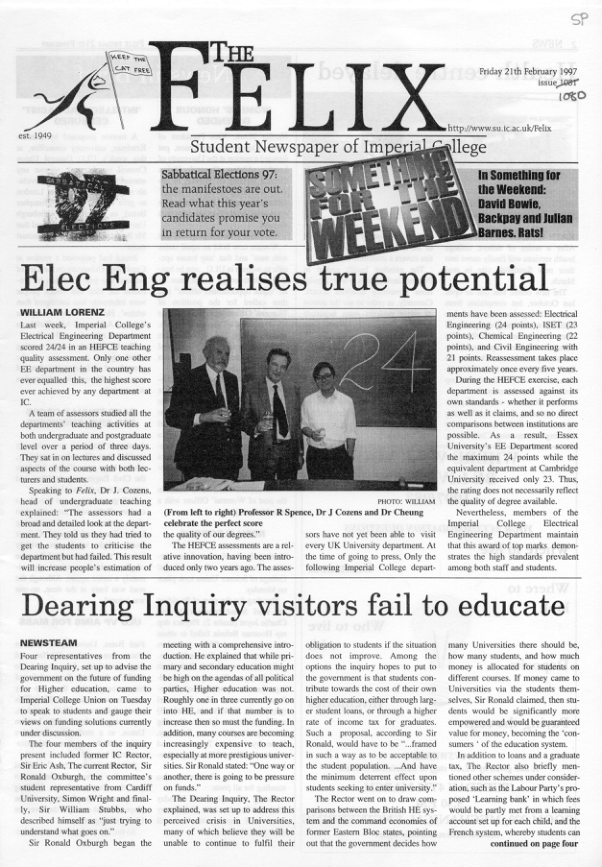Westminster Eye - Hamish Common
"Red tape makes poor swaddling" was the rather picturesque description Tuesday’s Times leader gave to the problems couples face in adopting children. This followed a Government announcement that couples refused the chance to adopt a child will be able to appeal. Couples will be able to see the assessment report that led to their not being allowed to adopt, and the make-up of the panel who decides will allow for more ‘lay’ members, including someone who adopted or was adopted. People will only be allowed to remain on the adoption panel for up to six years, to prevent ‘professional’ panel members from controlling the system.
These new measures were sparked off by a number of well-publicised cases where couples were refused the chance to adopt children for ostensibly politically correct reasons: the most famous case was of Jim and Roma Lawrence, who were told they were not allowed to adopt a mixed-race child because of their apparent lack of understanding of racial issues, despite Mrs Lawrence being born to an Asian family in Guyana. Stephen Dorrell, the Health Secretary, in announcing the plans, said "decisions about which parents are able to adopt children should reflect common-sense values that are widely shared throughout society, and shouldn’t reflect the rather specialist and fashionable theories of a particular professional group ".
Although I know certain ministers enjoy every opportunity they have to stick the knife into social workers and political correctness, and that Dorrell is getting a say in any issue he can (he’s going for the party leadership), I have to agree with what the Government is doing. So does the British Association for Adoption and Fostering (BAAF) who said that "anything that makes adoption more open and accountable would be welcomed…". The BAAF also defended social workers, arguing that they act in the best interests of the child and it is natural that parents may feel aggrieved in being refused the chance to adopt, but that the child had to come first. I expect the majority of social workers are making a reasonable effort at a tortuously difficult job, and the moronic criteria some of their peers have been using has received the negative publicity that tars them all with the same brush.
These new regulations have precipitated debate on the wider adoption issues: did you know only 400 children were formally adopted last year? Yet there are 55000 children in care - and their fate is not something we can be proud of - three-quarters of them leave with no qualifications and many end up in prison. There are plenty of couples wishing to adopt, with 20 applying for each child. Surely if even some of these were to adopt, the potential for giving thousands of children a better start in life, saving vast quantities of public money and making everyone happier all round would be enormous. However, I am informed by those who know better that many of these children are ‘damaged’ and therefore need expensive treatment and highly skilled social workers to nurture them. John Major’s belief "that it is important for children to be brought up in the stability of a home rather than being institutionalised in children’s homes or drifting between foster families" was described as "devastatingly banal" by an Independent columnist.
Personally, if I was given the choice between institution and adopted home, it wouldn’t be a difficult one





